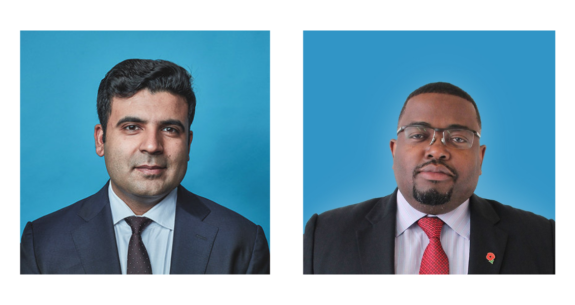Wednesday 23rd June 2021 – Gearing up to COP 26 later this year, more attention needs to be given to the colossal funding gap needed if we are to meet UN Sustainable Development Goal 7 – clean energy for all.
Progress has been made and there is growing financial interest in democratising access to clean energy. Yet the current approaches to financing clean energy in Africa mean that despite the growing number of investors in this space over the last decade, it is still far from enough.
The momentum around investing in sustainability has been accelerated by Covid-19 and the Build Back Better agenda. This must continue at full throttle and we cannot let our foot off the gas at such a critical point.
But to bring about real change, we need to start having more open and honest conversations to challenge fundamental issues within financing that are holding back the realisation of universal electrification via clean energy.
So, what are the issues with the current financing approaches?
The long-term nature of investing in this sector could be holding back some investors from entering this space. Within the off-grid solar sector, some investors have relied on models such as Power Purchase Agreements to assess the viability of projects, develop construction plans and meet operations and maintenance costs. Investors can usually anticipate a return on investment across a 15 to 25 year span. Other investors in the off-grid energy market in Africa have looked to raise third-party financing through long term contracts.
Tackling energy poverty, expanding access to clean energy and meeting UN SDG 7 is ultimately highly capital intensive and requires huge investment. However, if we look at traditional funding models, there are “easier” ways for financial institutions to generate returns on their investments than investing in SDG 7. As a result, financial institutions commonly charge high interest on funding clean energy projects in Africa or indeed invest elsewhere in safer more traditional ventures.
This means that structurally the system is already stacked against making meaningful progress. To make up for this, the sector requires grants, government funding and vital subsidies to make it more accessible. Friendly low rates would totally turn this on its head, and it is critical that funding, from whichever source, avoids heavy debt financing.
Re-framing the conversation about investing in this sector
We urgently need to re-frame the discussion. Bringing people out of energy poverty takes time – and quite rightly so. But you cannot underestimate the transformational benefits of access to clean, reliable and affordable energy on individuals, businesses, local economies and the global economy as a whole.
Energy access fosters financial inclusion, brings people into the digital economy and leads to greater levels of economic development. At Bboxx alone, we’ve seen over 100,000 people undertake more economic activities as a result of using our Solar Home Systems.
To commercially finance and bring clean energy to hundreds of millions of people living in Africa living without it, we need to give this sector a chance to succeed. If we continue along the current trajectory using traditional financing models, it simply will not work – greater innovation is desperately needed.
Anthony Osijo, Group CFO and Head of Relationships at Bboxx


